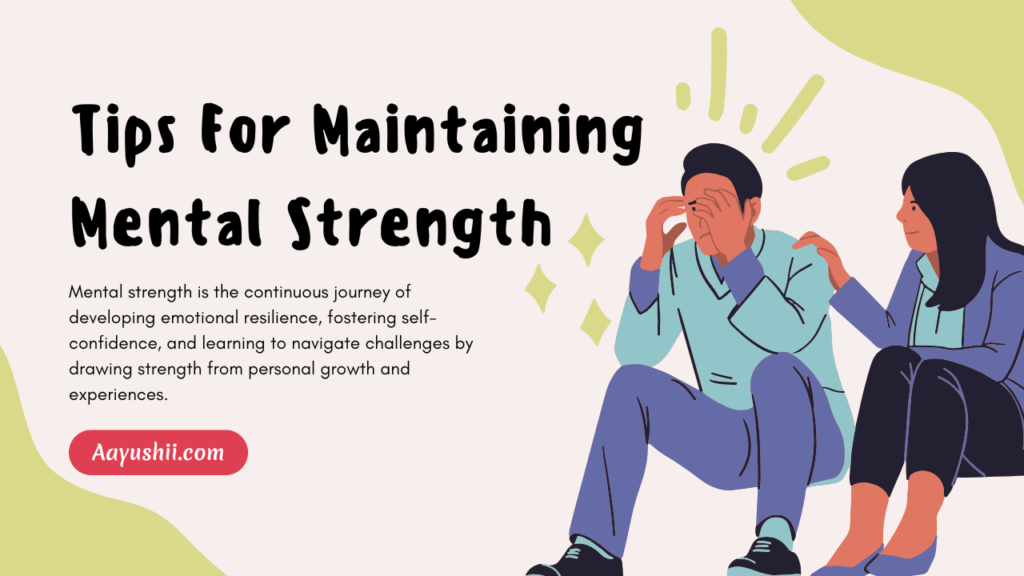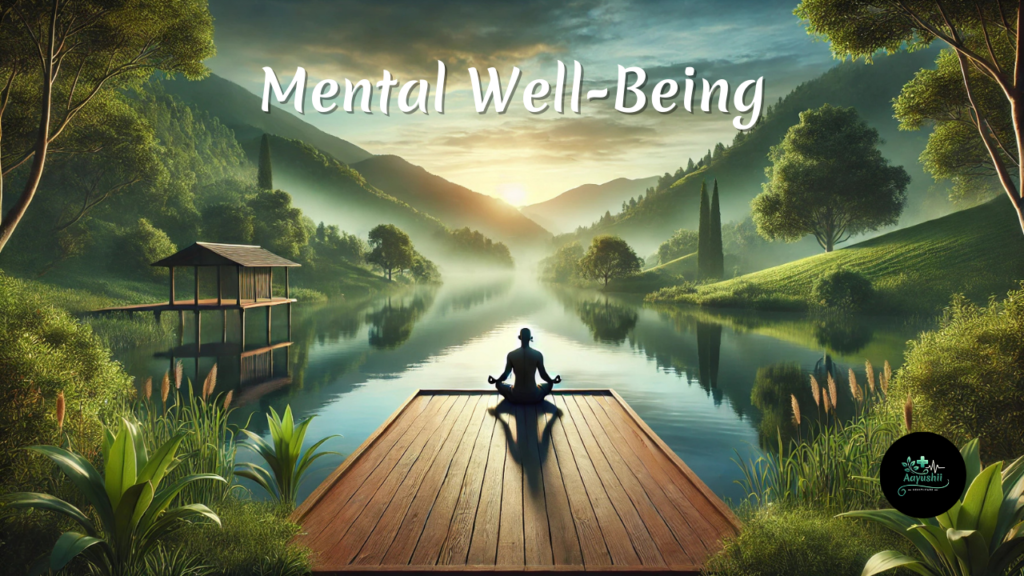In today’s complex and fast-paced world, the ability to stay emotionally balanced, focused in the face of challenges, and resilient when setbacks arise is essential. This ability, often described as being mentally stronger, equips you to navigate life’s ups and downs with greater ease and confidence. While some may think mental strength is an innate trait, the truth is that it’s a skill anyone can learn, practice, and strengthen over time. In this comprehensive guide, we’ll explore what it means to be mentally stronger, why it matters, and share proven strategies to help you build resilience, confidence, and a powerful mindset.
Understanding the Concept of Mental Strength

Mental Strength Defined:
Mental strength is the psychological capacity to cope with the demands, pressures, and stressors of life effectively. It involves regulating your emotions, staying clear-headed under pressure, and maintaining a positive, solution-focused perspective even in the face of adversity. Being mentally strong doesn’t mean never experiencing negative emotions. Instead, it means acknowledging challenges and pushing through them with resilience, adaptability, and perseverance.
Mental Strength vs. Mental Health:
Although mental strength and mental health are closely related, they are not the same thing. Mental health refers to overall psychological well-being, encompassing emotional stability, social functioning, and the absence of severe mental disorders. Mental strength, on the other hand, is more about how you respond to challenges. You can be mentally healthy and still find it difficult to manage stress or disappointments. Conversely, someone may struggle with mental health conditions but still demonstrate remarkable strength in navigating their circumstances.
Why Mental Strength Matters

Improved Resilience:
Life is full of unexpected setbacks, from job losses and financial hardships to relationship breakdowns and health concerns. Mental strength equips you with the resilience to face these situations head-on, learn from them, and emerge even stronger.
Better Decision-Making:
A strong mindset helps you maintain clarity and composure, allowing you to make more rational decisions under pressure. When emotions are running high, mental strength ensures you stay level-headed, weigh your options, and choose the path that aligns best with your long-term goals.
Enhanced Self-Confidence:
Building mental strength often leads to increased self-confidence. As you learn to overcome obstacles, manage stress, and persevere through difficult times, you’ll gain trust in your abilities. This newfound confidence can positively influence all areas of your life—from personal relationships to career advancement.
Long-Term Well-Being:
Over time, mental strength contributes to better overall well-being. It reduces the impact of stress on your physical and mental health, fosters healthier relationships, and promotes a more fulfilling, purpose-driven life.
Common Misconceptions About Mental Strength

Myth: Mental Strength Is About Suppressing Emotions
True mental strength isn’t about pretending you don’t feel sadness, anger, or fear. It’s about acknowledging these emotions, understanding their source, and processing them in healthy ways.
Myth: Mentally Strong People Never Fail
Failure is an integral part of growth. Mentally strong individuals fail, sometimes often, but they use these failures as learning opportunities rather than as excuses to give up.
Factors Influencing Mental Strength
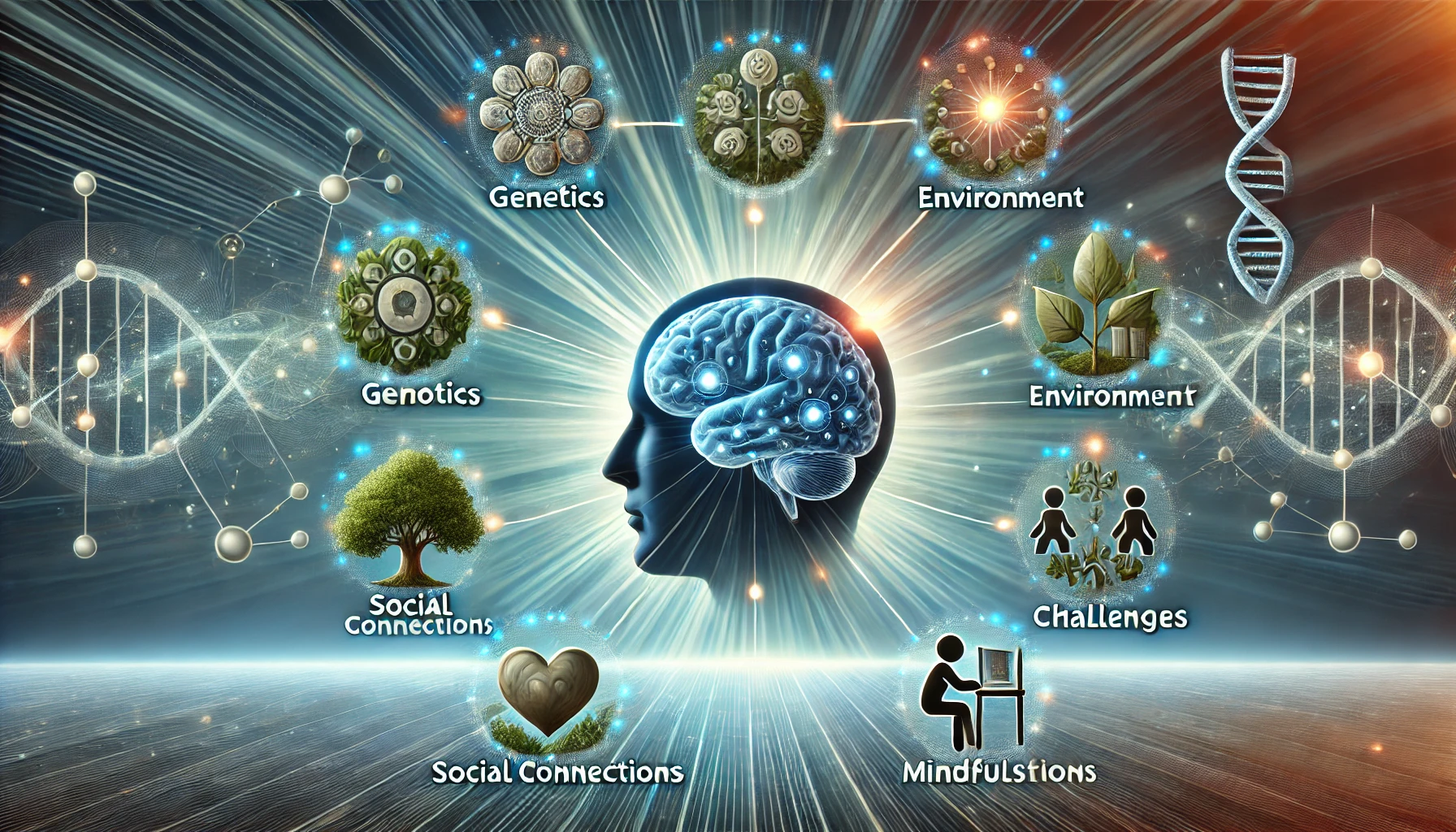
Biological and Psychological Aspects:
Genetics, brain chemistry, and personality traits can affect your baseline resilience. However, these factors are not definitive limits; you can still develop mental strength through targeted strategies.
Social and Environmental Factors:
Your upbringing, cultural background, and support network all play a role in shaping your mindset. Being around supportive, encouraging people can make it easier to maintain your mental strength, while toxic relationships can erode it.
Recognizing the Signs of Mental Strength

It’s helpful to know what mental strength looks like:
- Emotional Regulation: You can acknowledge and handle intense emotions without losing control.
- Adaptability: You’re flexible in the face of change, willing to adjust your plans when new challenges arise.
- Perseverance: You persist in the face of failure, treating setbacks as stepping stones rather than roadblocks.
- Self-Awareness: You understand your strengths, weaknesses, and emotional triggers, and you actively work to improve yourself.
Challenges That Can Undermine Mental Strength

Before exploring strategies to build mental strength, let’s identify some common obstacles:
- Negative Self-Talk: Constantly berating yourself or focusing only on shortcomings undermines your confidence and resilience.
- Fear of Failure: Avoiding risks due to fear can keep you stuck in your comfort zone, preventing growth.
- Toxic Relationships: Surrounding yourself with people who belittle you or discourage your ambitions can erode your mental strength.
- Perfectionism: Demanding flawlessness from yourself can lead to burnout, disappointment, and decreased mental fortitude.
Proven Strategies to Build Mental Strength and Resilience
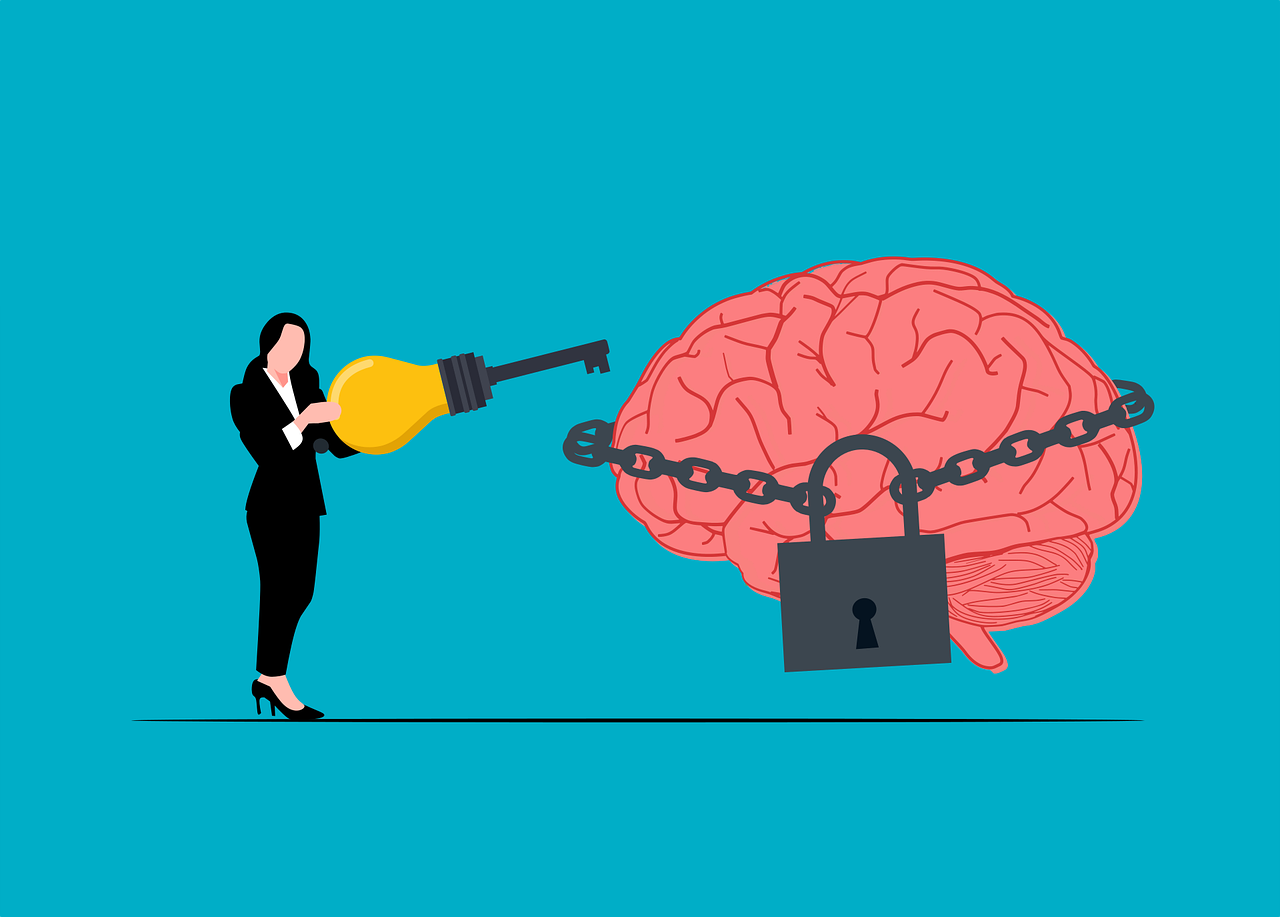
Developing mental strength is a journey that requires consistent effort, practice, and self-reflection. Below are several comprehensive strategies to help you grow into a mentally stronger person.
1. Develop Emotional Intelligence
Identify and Understand Your Emotions:
Start by paying attention to your emotions throughout the day. Labeling what you feel—whether it’s frustration, sadness, excitement, or jealousy—helps you understand the source and the intensity. This awareness is the first step toward responding rather than reacting.
Practice Healthy Expression:
Instead of suppressing emotions, find constructive outlets. Journal about your feelings, talk with a trusted friend, or engage in creative activities like painting or playing music. These methods help you release tension while examining the reasons behind your emotions.
Cultivate Empathy:
Recognizing that everyone struggles with their own internal battles can help you become more understanding and compassionate. Empathy doesn’t just improve your relationships; it broadens your perspective and strengthens your ability to navigate social complexities with grace.
2. Cultivate a Positive Mindset
Reframe Negative Thoughts:
When faced with a challenge, resist the urge to think, “I can’t do this.” Instead, try: “This is hard, but I can learn.” Shifting from a problem-focused perspective to a solution-focused one fosters resilience.
Practice Gratitude and Affirmations:
Starting or ending your day by writing down a few things you’re grateful for encourages positivity. Pair this with affirmations like, “I am capable of handling anything that comes my way.” Over time, this rewires your brain to spot opportunities instead of dwelling on difficulties.
Visualization Techniques:
Imagine yourself successfully overcoming a challenge before it happens. Athletes often visualize themselves performing at their best. By doing the same, you prime your mind for success, reinforcing the belief that you can indeed achieve your goals.
3. Build Resilience Through Gradual Exposure
Start Small and Build Up:
If social anxiety makes public speaking terrifying, start by presenting to a small, supportive group. Gradually increase the audience size. Each positive experience will boost your confidence and resilience.
Embrace Failure as Feedback:
Instead of viewing setbacks as personal shortcomings, treat them as data. Ask yourself: “What can I learn from this?” This mindset shift transforms failure into a stepping stone toward success.
4. Set and Achieve Realistic Goals
Use the SMART Framework:
Make your goals Specific, Measurable, Achievable, Relevant, and Time-bound. For example, instead of “I want to be better at public speaking,” try: “I will deliver a 10-minute presentation to my team next month with clear visuals and no more than three filler words.”
Break Down Larger Goals:
Big goals can feel overwhelming. Divide them into smaller, manageable tasks. Celebrate each completed step to maintain motivation and remind yourself that progress is happening.
Track Your Progress:
Keep a record of your achievements. Reflecting on how far you’ve come reinforces the belief that you’re capable of continuous improvement.
5. Improve Self-Discipline and Establish Healthy Habits
Create a Routine:
Stable routines provide structure and predictability. Aim to wake up, exercise, work, and relax at consistent times. Over time, this consistency builds self-discipline, making it easier to stay focused on your goals.
Prioritize Self-Care:
A well-balanced diet, regular exercise, and sufficient sleep are crucial for mental resilience. Physical well-being significantly impacts your mood and mental functioning. A short 20-minute walk or a home-cooked meal can do wonders for your mindset.
Eliminate Negative Influences:
Limit time spent on activities that drain your energy, such as excessive social media scrolling or binge-watching shows late into the night. This will free up mental space for more constructive habits.
6. Strengthen Your Self-Confidence
Reflect on Past Successes:
When you doubt your ability to handle a new challenge, look back at what you’ve achieved before. Past accomplishments serve as evidence that you have what it takes to overcome obstacles.
Use Positive Affirmations:
Statements like “I am capable,” “I am resilient,” and “I overcome challenges” help rewire your internal dialogue. The more you repeat them, the more naturally you’ll believe them.
Seek Supportive Relationships:
Surround yourself with people who celebrate your wins, sympathize with your losses, and encourage your growth. Their support can boost your confidence and help you become mentally stronger.
7. Learn to Manage Stress and Anxiety
Mindfulness and Meditation:
Spending even a few minutes each day focusing on your breath can calm racing thoughts. Guided meditations, yoga, or nature walks can also help center your mind and improve stress management.
Deep Breathing Exercises:
When anxiety hits, try the 4-7-8 technique: inhale through your nose for four counts, hold for seven, and exhale through your mouth for eight. This simple practice signals your nervous system to relax.
Professional Help if Needed:
If stress or anxiety feels overwhelming, consider seeking professional guidance. Therapists and counselors can provide personalized strategies to manage and reduce anxiety, helping you maintain and build mental strength.
8. Develop Problem-Solving Skills
Brainstorm Multiple Solutions:
When faced with a challenge, list all possible solutions, no matter how unconventional. Consider the pros and cons of each option before deciding on the best course of action.
Learn to Prioritize:
If you face multiple problems at once, tackle them in order of importance. Resolving the most critical issue first often simplifies or even eliminates other problems.
Adopt a Growth Mindset:
View challenges as opportunities to develop new skills. A growth mindset encourages experimentation and continuous improvement in your problem-solving ability.
9. Seek Support and Surround Yourself with Positive Influences
Trusted Friends and Mentors:
Confiding in someone you trust can provide fresh perspectives and emotional relief. Mentors can offer guidance, share their experiences, and help you develop stronger coping strategies.
Join Supportive Communities:
Online forums, local clubs, or support groups related to personal development and resilience can connect you with like-minded individuals. Sharing experiences and learning from others can reinforce your mental strength journey.
Professional Guidance:
If you feel stuck or overwhelmed, consider working with a coach, therapist, or counselor. These professionals can customize strategies and techniques that align with your unique needs.
Maintaining Your Mental Strength Over Time
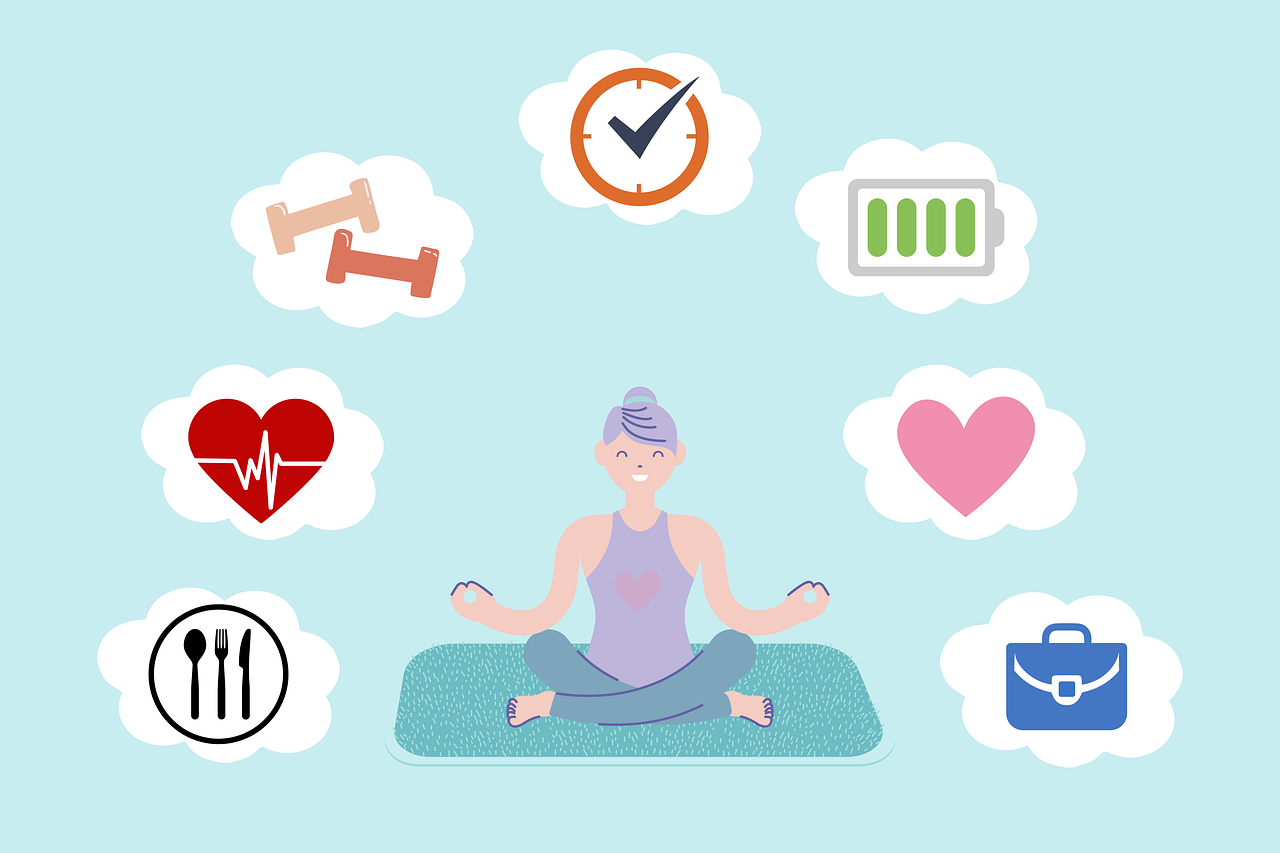
Consistency Is Key:
Like physical fitness, mental strength requires ongoing effort. Regularly practicing the strategies that resonate most with you helps ensure that your resilience continues to grow.
Embrace Life-Long Learning:
Look for opportunities to learn and improve. Whether it’s reading personal development books, attending workshops, or trying new activities, continual self-improvement keeps your mind flexible and adaptable.
Celebrate Your Growth:
Acknowledge the progress you’ve made. Reflecting on how you handled past challenges compared to now can highlight how far you’ve come, motivating you to keep pushing forward.
Tracking Your Progress

Journaling Your Journey:
Write down your goals, track your habits, and reflect on the lessons you’ve learned after overcoming difficulties. Reviewing these entries provides tangible evidence of your evolving mental strength.
Self-Assessment Check-Ins:
Set aside a few minutes each month to assess your mental state. Ask yourself: “What has improved?” “What needs more work?” Adjust your strategies accordingly to continue advancing.
Inspiring Real-Life Examples
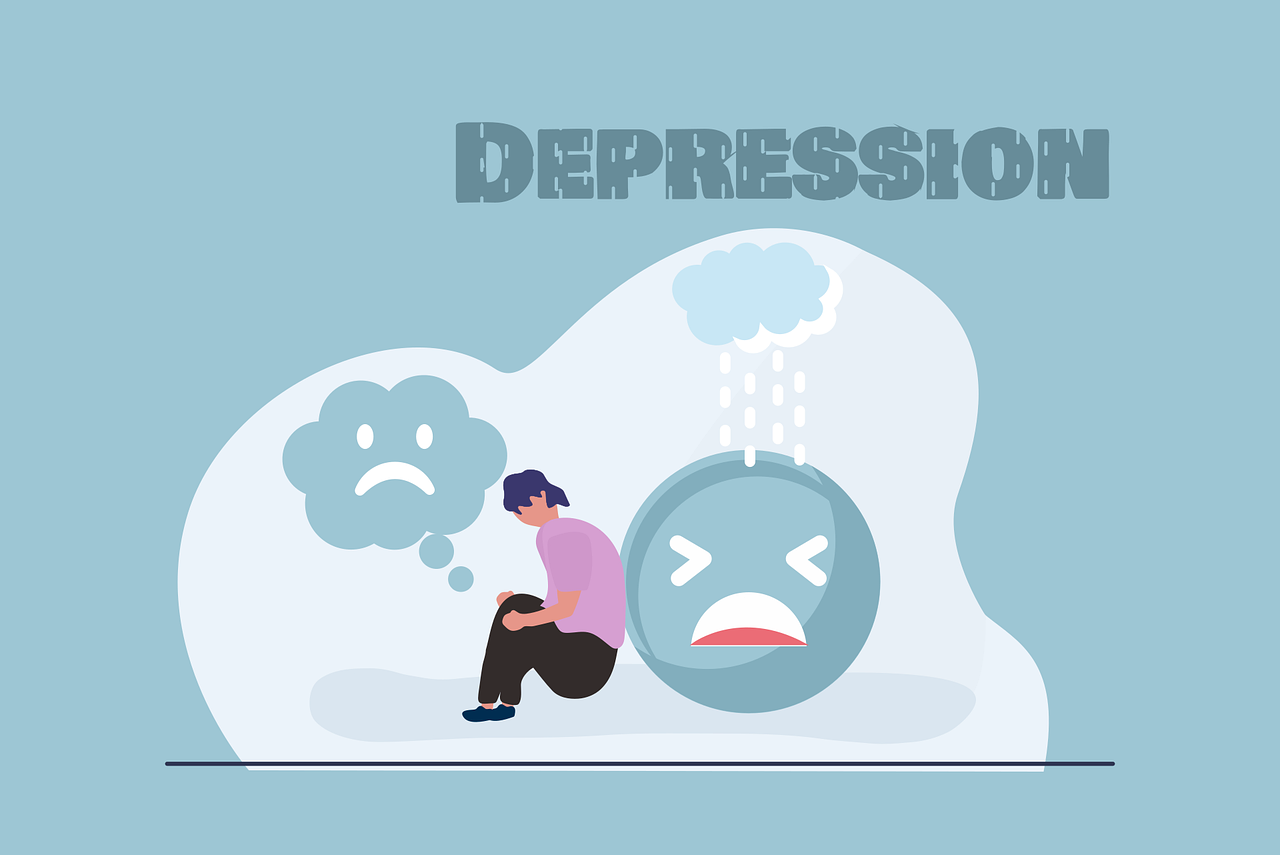
Athletes Overcoming Setbacks:
Professional athletes often injure themselves or experience painful losses. Those who bounce back quickly usually credit their mental resilience. They learn from their mistakes, train harder, and return stronger.
Entrepreneurs Facing Failures:
Many successful business leaders failed multiple times before finding the right formula. Their stories of perseverance, learning from mistakes, and pushing through challenges exemplify mental strength in action.
Individuals Overcoming Personal Tragedy:
From losing a loved one to recovering after a natural disaster, countless people have demonstrated profound mental strength by finding ways to heal, rebuild, and emerge with a renewed sense of purpose.
When to Seek Professional Help

Building mental strength doesn’t mean you have to face challenges alone. If sadness, anxiety, or stress start to disrupt your daily life, consider seeking professional help. Mental health experts, including those available through platforms like BetterHelp, are trained to provide personalized coping strategies, therapy, and support. Reaching out for assistance is a courageous and proactive step toward maintaining and strengthening your mental resilience over time.
Final Thoughts: Embrace the Journey of Growth
Mental strength isn’t developed overnight—it’s a continuous journey requiring dedication, practice, and patience. As you commit to understanding your emotions, cultivating a positive mindset, building healthy habits, and seeking support, you will gradually notice a shift in how you handle life’s challenges. Over time, your resilience, confidence, and emotional adaptability will grow, empowering you to face adversity with unwavering courage. In nurturing these qualities, you’ll not only learn how to be a mentally stronger person, but you’ll also enrich the overall quality of your life.

